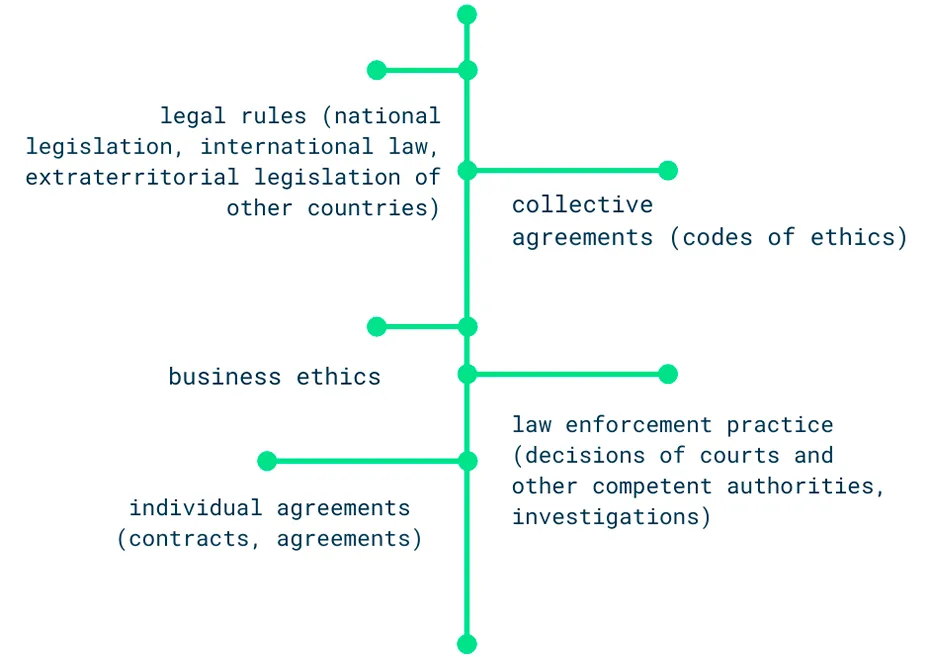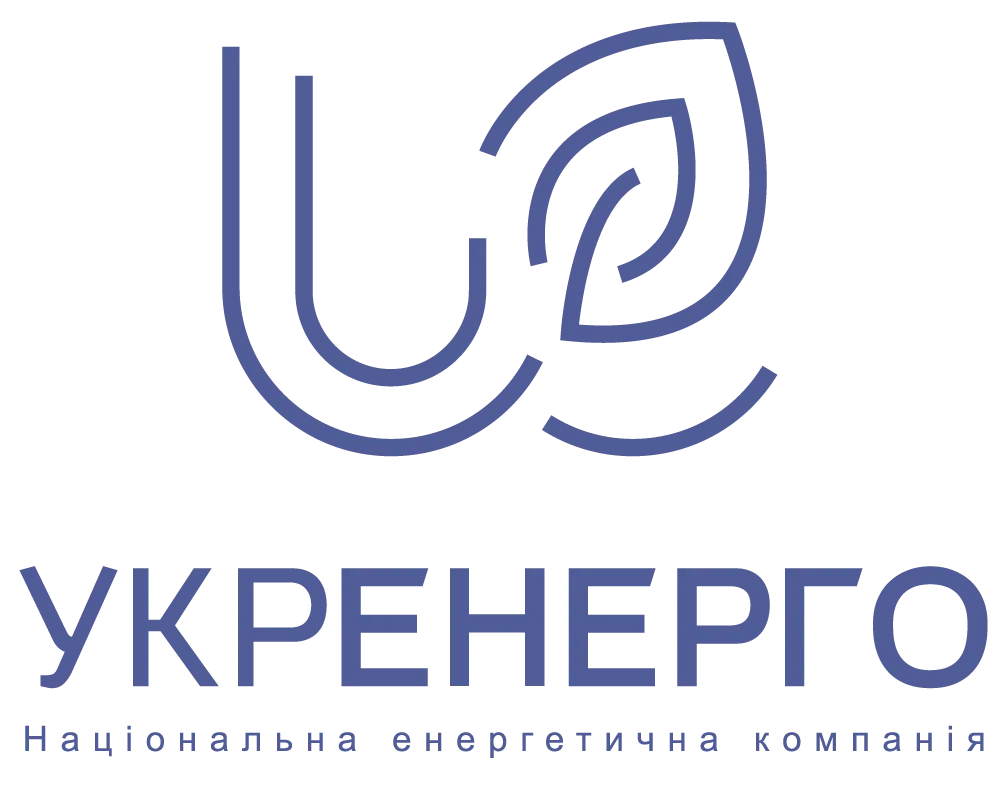A business with grey zones working with partners, business integrity, taxation, and debts is weak. It’s constantly endangered: are these dubious facts to be known, a company will suffer a blow to its reputation of such magnitude that it’ll be challenging to get back on its feet. It also means fines, sanctions, and broken relations with its partners. These problems are often caused not by design but by oversight, mistakes, and legislation confusion. A full-scale Russian attack on Ukraine added some challenges for Ukrainian companies, both legislative and ethical. For example, related to partnerships with Russian companies and new sanctions.
To feel secure and confident, the business world created a tool called compliance control. It helps companies to play by rules, comply with the laws and ethics, prove their trustworthiness to their international partners and rest assured that during a crisis truth is on your side.
Together with UNIC AIN.UA is telling about the compliance experts, who they are, where are they trained, and what value they offer for the business.











